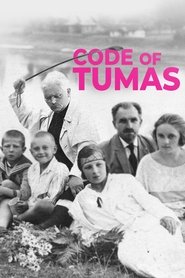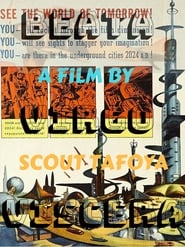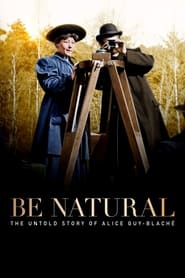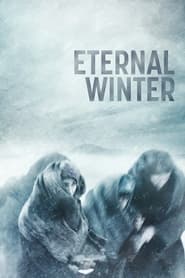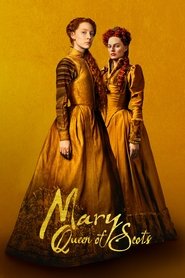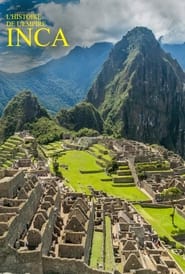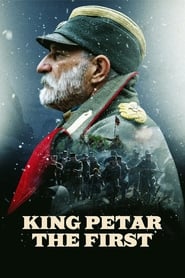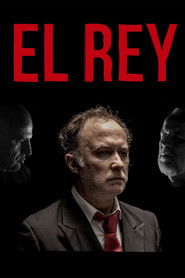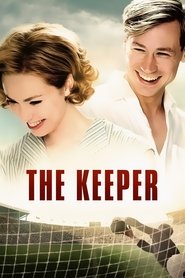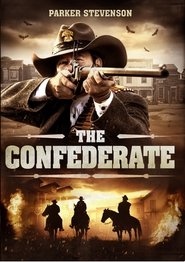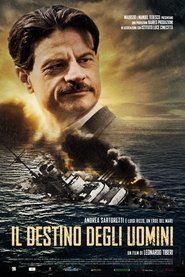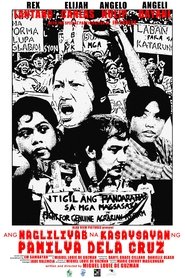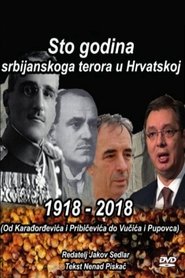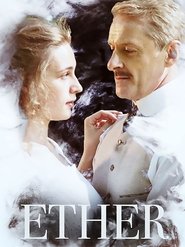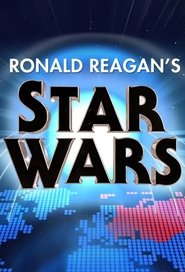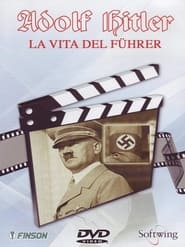New History Movies on Tub Tv - Page 267
-
Code of Tumas
2018
Code of Tumas
2018
star 9“Code of Tumas ” is an effort to show the well-known events and processes of history through the eyes of a direct person with a subjective and emotional look. Letters, publicism, all creations of Juozas Tumas Vaižgantas, also memories of his contemporaries make this reconstruction possible. -
Beata Virgo Viscera
2018
-
Be Natural: The Untold Story of Alice Guy-Blaché
2018
star 7.2The epic life story of Alice Guy-Blaché (1873–1968), a French screenwriter, director and producer, true pioneer of cinema, the first person who made a narrative fiction film; author of hundreds of movies, but banished from history books. Ignored and forgotten. At last remembered. -
Eternal Winter
2018
-
Mary Queen of Scots
2018
Mary Queen of Scots
2018
star 6.5In 1561, Mary Stuart, widow of the King of France, returns to Scotland, reclaims her rightful throne and menaces the future of Queen Elizabeth I as ruler of England, because she has a legitimate claim to the English throne. Betrayals, rebellions, conspiracies and their own life choices imperil both Queens. They experience the bitter cost of power, until their tragic fate is finally fulfilled. -
La última búsqueda
2018
La última búsqueda
2018
An Argentine plane disappears in Central America with 68 people on board. The crash of TC 48. The worst tragedy for the Argentine Air Force. More than 50 years after the incident, the pilot's daughter continues searching for the plane lost in Costa Rica. -
The Last Artisan
2018
The Last Artisan
2018
Dismembered limbs. Topless mermaids. Crabs with human heads. These Chinese folklore-themed statues, in all their surreal, grotesque glory, are seared into the mind of Singapore's Haw Par Villa. But no one knows them as well as Teo Veoh Seng. Decades ago, he started out as an apprentice at the park, which opened in the 1930s; now, at 83, Teo has finally decided to retire. Though his successors prepare for his departure, what will be lost when the master craftsman steps down? Interspersing interviews with animation, this documentary weaves personal and national histories into the portrait of an unlikely Singapore hero. It sheds light on an artisan whose quiet dedication has preserved a uniquely charming slice of a city hounded by rapid urban developments. -
King Petar the First
2018
King Petar the First
2018
star 8.4The story of the Serbian army, led by the King Peter, through the World War I. -
El rey
2018
El rey
2018
star 6.5Spain, June 2014. King Juan Carlos I abdicates after forty years on the throne. The historical cycle that began in 1978 has ended. It is the beginning of a new era. Felipe VI is the new king and the future is uncertain. -
The Keeper
2018
The Keeper
2018
star 7.4The story of a man whose love for football, for England and for the love of his life, Margaret, saw him rise from Nazi 'villain' to British hero. Bert Trautmann, the German goalkeeper won over even his harshest opponents by winning the FA Cup Final for Manchester City in 1956 - playing on with a broken neck to secure victory. -
The Confederate
2018
The Confederate
2018
star 4Georgia, 1864. Desperate to escape an arranged marriage to her brutal neighbor, Willa Randall disguises herself as a boy and joins the confederate Cavalry. -
1968.DIGITAL: Yuri Gagarin vs the Moon
2018
The world's first cosmonaut Yuri Gagarin dreams of flying to the moon. Just like the 12th American astronaut Neil Armstrong. In 1968, the space race between the USSR and the United States reaches its climax, and it has to pay for it at the cost of human life. -
The Flaming History of the Dela Cruz Family
2018
star 8Faced with a series of terrible incidents, the Dela Cruz family now has to make a decision that will alter the history of their family. -
Out of the Cradle
2018
Out of the Cradle
2018
star 7.6How did humanity's earliest ancestors evolve into one of the most successful species on Earth? An extraordinary journey tracing the footsteps of early hominids. Using the latest paleoanthropological findings mixed with the latest CGI from Square Enix, this story is finally told. -
1918-2018: Hundred Years of Serbian Terror in Croatia
2018
Chronicles the Serbian terror in Croatia through several historical periods: the Serbian occupation of 1918., the establishment of Independent State of Croatia (NDH), uprising against NDH, re-establishment of communist Yugoslavia, uprising against modern day Republic of Croatia during the Tudjman decade (1991. - 2000.) and the period between 2000. - 2018. during which the myths of "Greater Serbia" and Yugoslavia are restored, financed and spread. -
Ether
2018
Ether
2018
star 5At the end of the 19th century, somewhere in the outskirts of the Russian Empire, a doctor administers a lethal overdose of ether to a young woman – the object of his desire. After getting away with his crime, he finds employment in a fortress, where he continues his experiments with ether to manage pain and manipulate human behaviour. Despite his evilness, it is not too late for his soul to be saved from eternal damnation… -
Ronald Reagan's Star Wars
2018
In an Oval Office speech in March of 1983, President Ronald Reagan unveiled his plans for the Strategic Defense Initiative system–nicknamed 'Star Wars'–which would defend the United States against a first-strike intercontinental ballistic missile attack by the Soviet Union. -
Adolf Hitler - La Vita del Führer
2018
The objective of this film is to recount the life and actions of a man who left an indelible mark on history: Adolf Hitler. We will do so by showing a journey from childhood, from his rise to power, to the tragic events that led to the end of the Nazi dictatorship and its main driver, showing the whole world what Hitler meant for modern history. This documentary is intended to be a complete educational tool that can unveil the veils of some of the darkest pages of our civilization. Follow us on this journey, because knowledge is the tool with which we can prevent history from repeating itself.
 Netflix
Netflix
 Amazon Prime Video
Amazon Prime Video
 Apple iTunes
Apple iTunes
 Apple TV Plus
Apple TV Plus
 Disney Plus
Disney Plus
 Google Play Movies
Google Play Movies
 Paramount Plus
Paramount Plus
 Hulu
Hulu
 HBO Max
HBO Max
 YouTube
YouTube
 fuboTV
fuboTV
 Peacock
Peacock
 Peacock Premium
Peacock Premium
 Amazon Video
Amazon Video
 The Roku Channel
The Roku Channel
 AMC+
AMC+
 Kocowa
Kocowa
 Hoopla
Hoopla
 The CW
The CW
 Vudu
Vudu
 Starz
Starz
 Showtime
Showtime
 PBS
PBS
 Pantaflix
Pantaflix
 FXNow
FXNow
 Tubi TV
Tubi TV
 Kanopy
Kanopy
 Comedy Central
Comedy Central
 Crunchyroll
Crunchyroll
 Microsoft Store
Microsoft Store
 Redbox
Redbox
 Sun Nxt
Sun Nxt
 ABC
ABC
 DIRECTV
DIRECTV
 Crackle
Crackle
 Fandor
Fandor
 Plex
Plex
